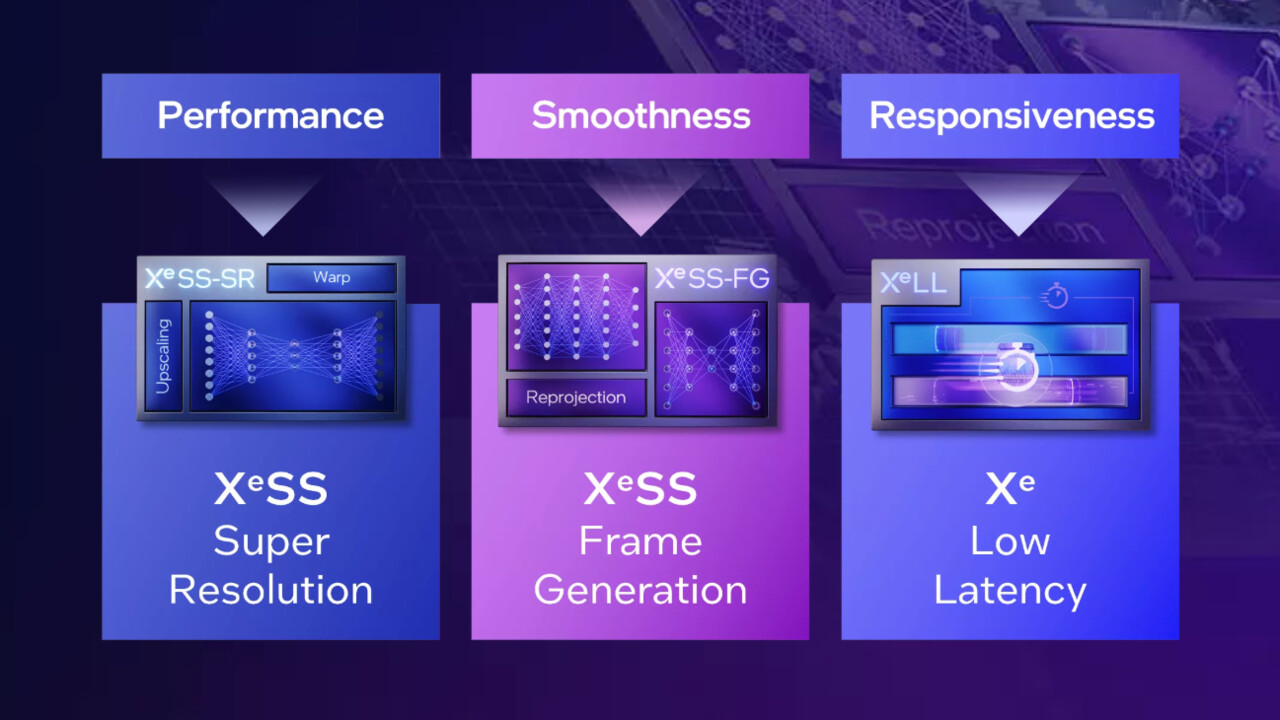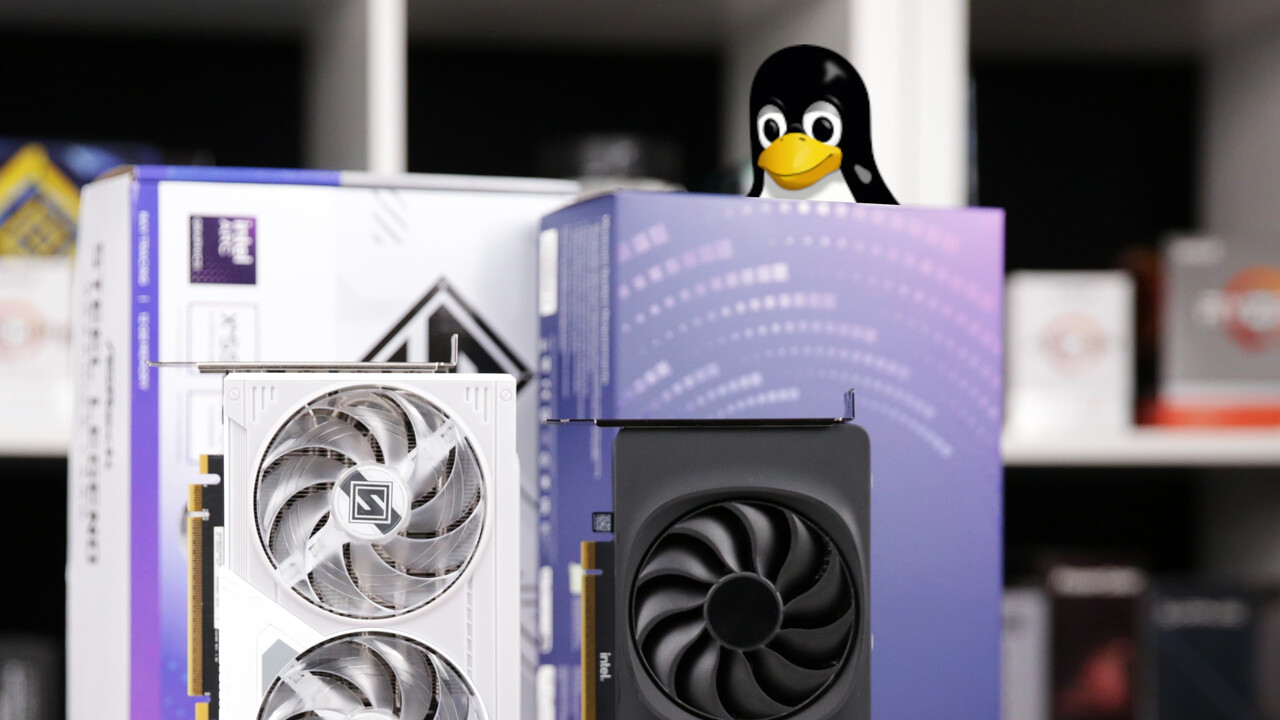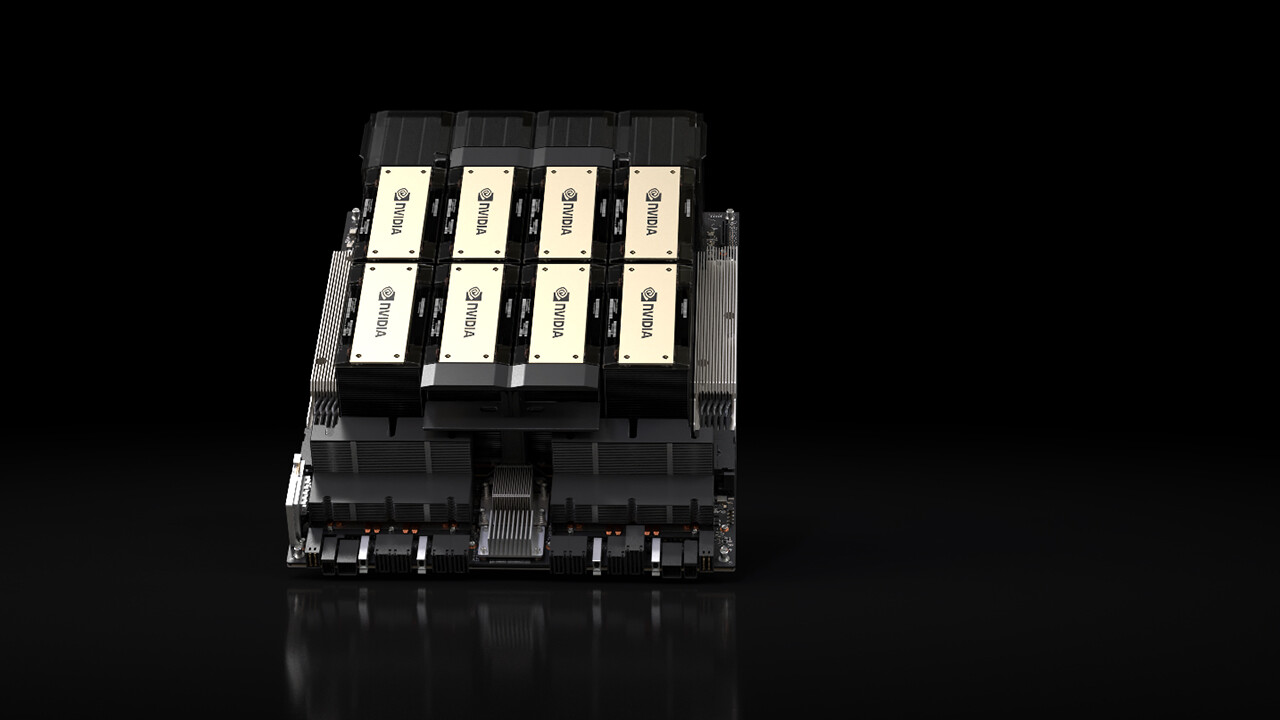Intel: SDK for Xess 2.0 with frame generation released

Intel: SDK for Xess 2.0 with frame generation released
Image: Intel
Intel introduced the ARC B580 (test) for Xess 2.0 last December. Super-resolution sampling remained unchanged, but frame generation and low latency were added. F1 24 (XESS-2.0 test) was the first game with this support, but after that, it remained very quiet on the Xess front.
This was the main reason why Intel has not yet released an SDK for Xess 2.0. As a result, it was only possible to integrate Xess 2.0 into your game if you had direct contact with Intel—and wanted to have Xess 2.0 in the game. This is no longer a problem even without a direct line to the manufacturer, as Intel has made the SDK for Xess 2.0 available for download on GitHub.
This now makes it possible to integrate Xess Super Resolution, Xess Frame Generation, and the Xess LAFENCE ASSOSKET or only usable LAFENCE into your own game. If you’re developing a game based on the Unreal Engine or the Unity Engine, you can install Xess 2.0 via the plugin; everyone else has to adjust their own engine code.
Xess FG is currently only available under DirectX 12.
A blog post also provides some additional details on Xess 2.0. For example, only the super-resolution algorithm works with DirectX 11, DirectX 12, and Volcano, while Xess and Xell frame generation are only supported under DirectX 12. Xess Frame Generation also requires Matrix XMX GPUs with support for the 6.4 model with the help of DP4A.
Only AMD is still missing an FSR 4 SDK.
Intel is further ahead than AMD with the Xess 2.0 Software Developer Kit, as there is currently no software package available for FSR 4 (test), and you must work directly with AMD to integrate FSR 4 Super Resolution into your own game. When this will change is unclear. Nvidia, on the other hand, is already working on DLSS 4; the associated Streamline SDK has already been released for the early Blackwell architecture graphics cards, and the GeForce RTX 5090 (test).

An engineer by training, Alexandre shares his knowledge on GPU performance for gaming and creation.


